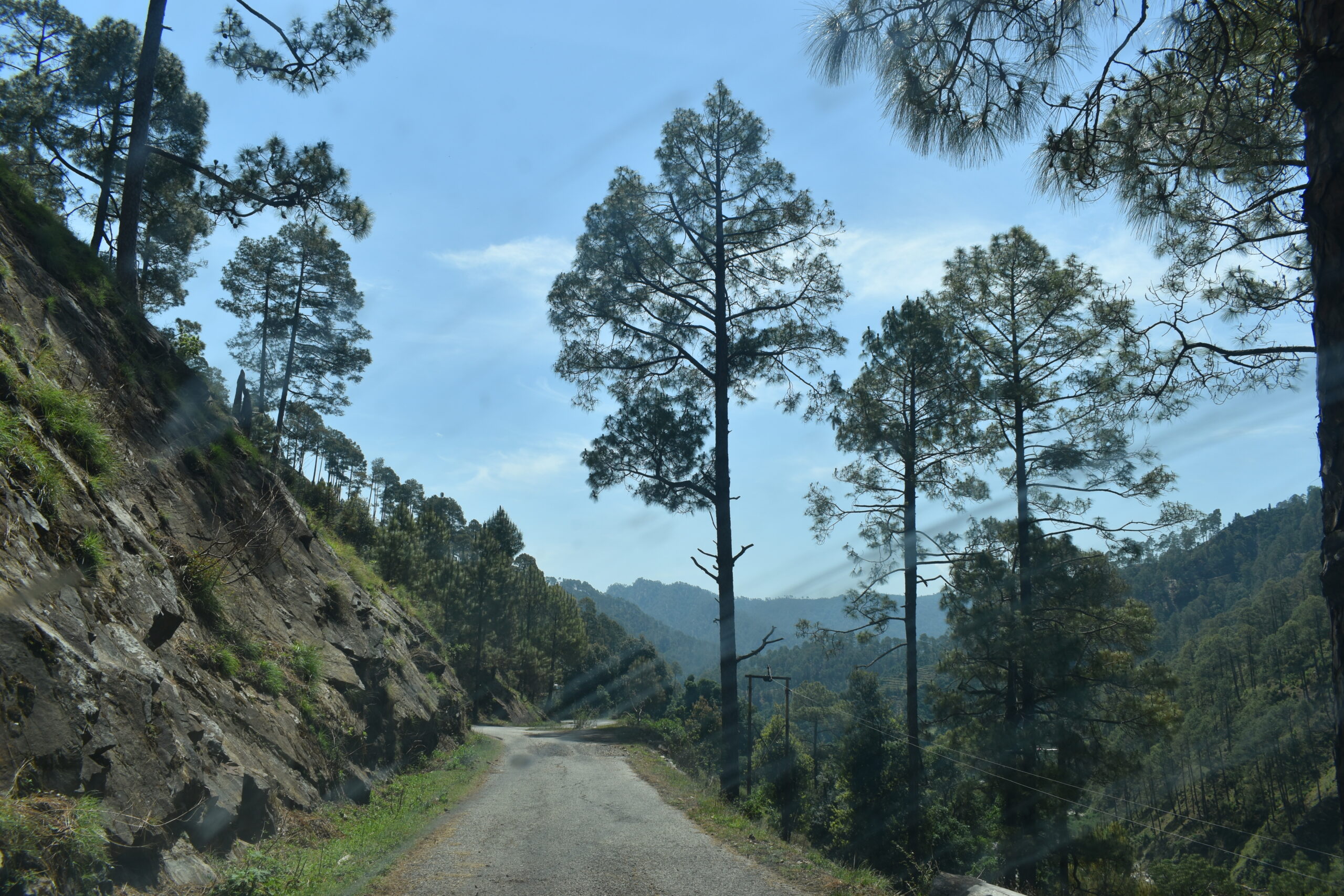
The road to Dhanaulti through the Himalayas
Have you ever wondered how some people seem to have an innate sense of direction, while others struggle to find their way around even familiar places? This report explores the fascinating world of human navigation, revealing the science behind our ability to get from point A to point B.
Beyond “Pigeon Sense”
While some might attribute exceptional navigation skills to a mysterious “pigeon sense,” the reality is more complex. Research suggests that various factors contribute to how well we navigate, including:
Early experiences: Growing up exploring diverse environments, playing outdoors, or participating in activities like orienteering can significantly shape our spatial skills.
Opportunities to practice: Societies that limit girls’ and women’s opportunities to navigate independently can lead to perceived and sometimes actual differences in navigational ability. However, studies in cultures with greater gender equality show these disparities disappear.
Education and experience: Professions like geology or orienteering, which require strong spatial reasoning, often involve individuals with superior navigation skills.
The brain’s GPS
Our brains employ a sophisticated navigation system, involving:
Mental maps: These are like internal representations of our surroundings, allowing us to visualize our location and plan routes.
Hippocampus: This brain region plays a crucial role in memory and spatial navigation, helping us remember places and directions.
“Goal direction signal”: The entorhinal region in the brain processes this signal, guiding us towards our destination.
Landmark recognition: The retrosplenial cortex helps us identify and utilize stable landmarks for navigation, like buildings or mountains.
More than just maps and apps
While tools like maps and GPS can be helpful, relying solely on them can hinder our natural ability to navigate. The report emphasizes the importance of:
Paying attention to our surroundings: Wind, sun, slopes, and landmarks provide valuable clues for navigating effectively.
Engaging in activities that challenge our spatial awareness: Activities like orienteering, sailing, scouting, or even mindful exploration while walking or cycling can enhance our navigational skills.
Overcoming the fear of getting lost: Anxiety can impede navigation. Gradually challenging ourselves in safe environments can build confidence and improve wayfinding skills.
Tips for better navigation
Here are some practical tips to improve your wayfinding abilities:
Embrace exploration: Don’t shy away from exploring new places, even if it means getting slightly lost occasionally. This helps you learn and build confidence.
Challenge yourself: Seek out activities that involve navigating unfamiliar routes or using minimal technological assistance.
Be mindful of your surroundings: Pay attention to natural cues and landmarks, actively engaging your spatial awareness.
Use technology strategically: Don’t let navigation apps dictate your every move. Experiment with different settings to enhance your spatial understanding.
Prioritise sleep: Getting enough sleep can improve cognitive function, potentially benefiting your navigational abilities.
Remember
Navigation is a skill that can be learned and improved throughout life. By understanding the factors at play and actively engaging in practices that promote spatial awareness, you can become a more confident and proficient navigator in any environment.
Additional points to consider
Current navigation tests often reflect Western biases and fail to capture the diverse approaches to wayfinding practiced in different cultures.
It’s crucial to collaborate with local communities and respect non-colonial knowledge systems in navigation research.
Societal factors like access to safe and diverse environments, and the cultural significance of navigation practices, also play a role in wayfinding.
By exploring science and engaging in mindful practice, we can all become more adept at navigating the world around us, fostering a deeper connection with our surroundings, and appreciating the diverse ways humans have mastered the art of wayfinding throughout history.
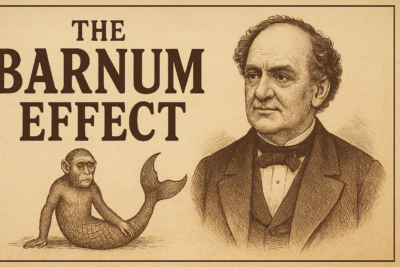
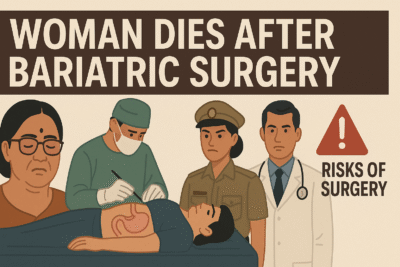
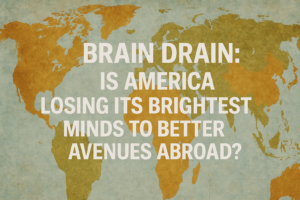

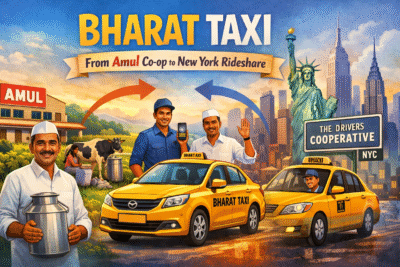
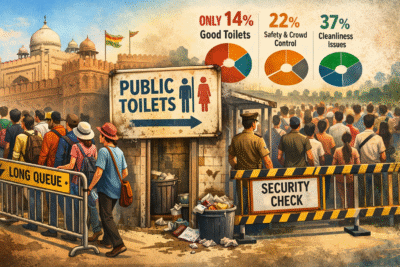
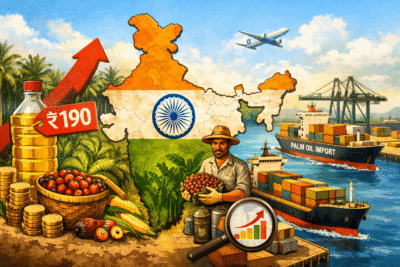
It is a pleasure to read this weblog, thanks to its up-to-date information and interesting posts. Look into my web page Webemail24 for some really good points and find out more about Furniture.